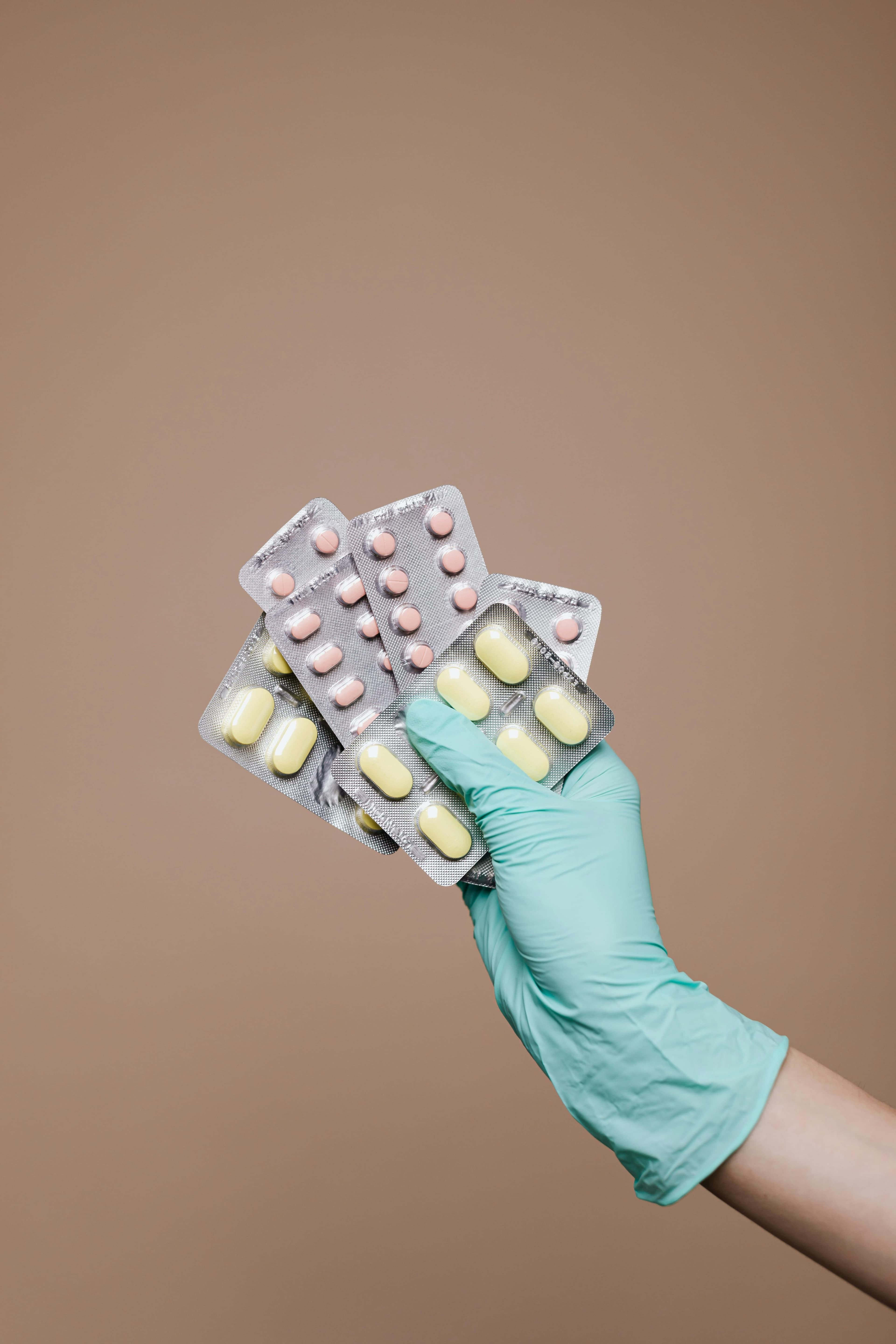Welcome to our latest post! In this article, we delve into the fascinating world of psychobiotics, the gut-brain axis, and mental health. How does what we eat influence our mental well-being? The answer lies within our gut microbiota - the trillions of microorganisms residing in our digestive system.
## The Rise of Psychobiotics
Psychobiotics, a term coined in 2013, refers to live bacteria and other microorganisms that, when consumed, exert a positive influence on our brain and mental health. From treating anxiety and depression to improving stress resilience, these beneficial microbes are revolutionizing the way we understand psychiatric disorders and overall wellness. Some examples of psychobiotics include:
* Lactobacillus and Bifidobacterium strains * Bacillus coagulans and Bacillus subtilis
## Gut-Brain Axis
The gut-brain axis is the communication pathway between the gastrointestinal tract and the central nervous system. Composed of neural, hormonal, immune, and metabolic signaling, it plays a crucial role in the regulation of mood, cognition, and behavior. Our gut microbiota is intimately involved in this dialogue, producing neurochemicals and influencing neurotransmitters that can affect our mental health.
## Nutrition & Microbiota
Diet plays a significant role in shaping the composition of our gut microbiota. Consuming a varied diet rich in:
* Plant-based foods * Prebiotics (e.g., asparagus, bananas, and onions) * Probiotics (e.g., fermented foods like yogurt and kefir)
can foster the growth of beneficial bacteria, promoting mental health and overall well-being. On the other hand, diets high in processed foods, sugars, and saturated fats can contribute to an imbalance, leading to increased stress, anxiety, and depression.
## Current Research & Future Perspectives
As research in the field of psychobiotics continues to grow, we are uncovering new insights into the relationship between nutrition, gut microbiome, and mental health. Ongoing studies are investigating the potential of psychobiotics as an alternative or supplemental treatment for mental health disorders, with promising results. Despite the progress, more research is needed to fully understand the complexity of these connections and to develop effective, personalized microbiota-based interventions.
## Conclusion
In conclusion, the evidence is mounting that the health of our gut microbiome can significantly impact our mental health. By adopting a nutrient-rich diet and fostering the growth of beneficial bacteria, we may be able to enhance our resilience to stress and promote overall well-being. Embracing psychobiotics may pave the way for a novel approach to psychiatric care and a healthier, happier lifestyle. Stay tuned for more updates on this captivating topic as research continues to shed light on this intricate connection.

